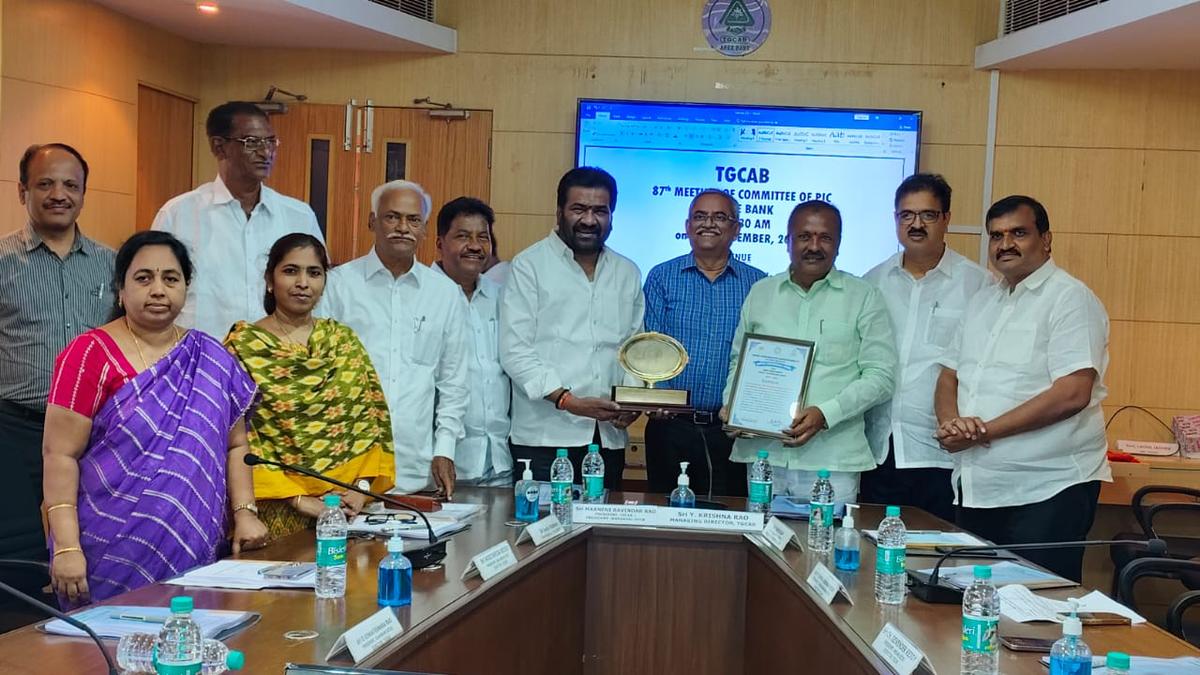Now Reading: ICU Assault Case: Survivor Detained Following Protest Attempt in Kozhikode
-
01
ICU Assault Case: Survivor Detained Following Protest Attempt in Kozhikode
ICU Assault Case: Survivor Detained Following Protest Attempt in Kozhikode

Swift Summary
- The survivor of the 2023 ICU sexual assault case at Government Medical College Hospital, Kozhikode, was taken into preventive custody while protesting outside the Principal’s chamber on Thursday.
- She protested against the reappointment of five hospital staff who had reportedly threatened her post-assault; they had been suspended and transferred earlier. A related court case remains pending.
- In media statements, she accused the state government of protecting culprits despite prior assurances for justice from top officials and cited an Inspector-general report referencing illegal actions by the staff involved.
- The survivor expressed deep trauma over her experience, emphasizing justice through dismissal of those implicated in harassment following her complaint.
- Police took both the survivor and a human rights activist accompanying her into custody.hospital authorities claim that reinstatement decisions were based on a court order.
- The initial incident occurred on March 18, 2023: M.M. Saseendran allegedly assaulted the survivor while she was under anesthesia in ICU after surgery; he was dismissed after an August inquiry. Five female colleagues were transferred over accusations they tried to intimidate her into silence.
Indian Opinion Analysis
The protest highlights critical systemic issues within institutional handling of sexual assault cases in India, notably regarding workplace environments and survivor protection mechanisms. While legal avenues are being pursued in this matter-evidenced by ongoing judicial reviews-the alleged reinstatement raises questions about prioritizing survivors’ safety versus procedural obligations like adhering to court orders.This situation underlines larger challenges faced by survivors seeking accountability amid societal tendencies toward victim-blaming or bureaucratic inertia. The survivor’s distress underscores gaps between official assurances and tangible action for justice-a recurring theme in such cases across India.
Ensuring trustworthiness within public healthcare systems hinges not only on punishing primary offenders but also addressing secondary actions such as coercion or denial of support that exacerbate trauma for victims. Institutional reforms targeting these vulnerabilities could strengthen public faith while safeguarding ethical practices at workplaces.
for more details: Link to article
























